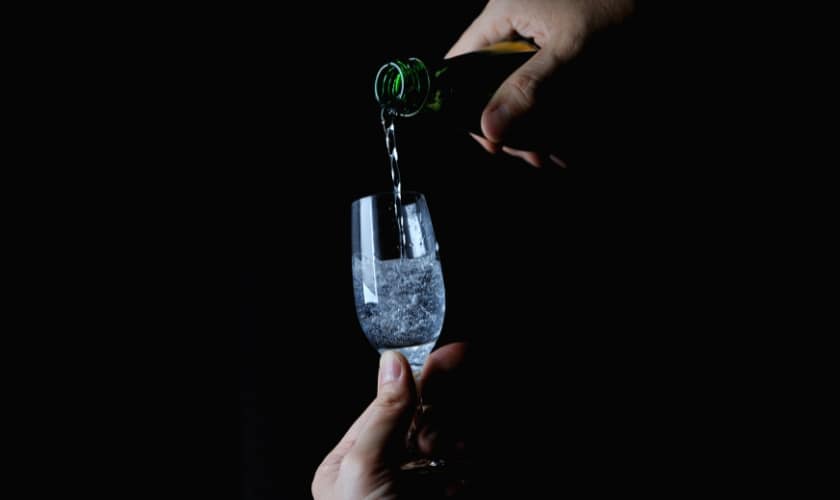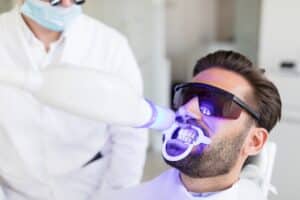Sparkling water has become a popular beverage choice for those looking to reduce their consumption of sugary drinks and sodas. With its refreshing fizz and various flavors, it’s no wonder people are curious about incorporating it into their daily routine. However, there are some concerns about its impact on dental health. In this article, we’ll explore whether you can use sparkling water daily and how it might affect your teeth with insights from a dentist.
Understanding Sparkling Water
Sparkling water, also known as carbonated water, is water that has been infused with carbon dioxide gas under pressure. This process creates the bubbles that give sparkling water its characteristic fizz. Some sparkling waters are flavored and may contain added ingredients, such as natural flavors, sweeteners, or minerals.
While sparkling water is often seen as a healthier alternative to sugary sodas and juices, it’s important to understand its potential effects on your dental health, especially when consumed daily.
The Impact of Carbonation on Teeth
One of the main concerns with sparkling water is its carbonation, which can make the water slightly acidic. The acidity of carbonated drinks can weaken the enamel, the protective outer layer of your teeth, over time. Enamel erosion can lead to increased sensitivity, a higher risk of cavities, and other dental problems.
However, it’s worth noting that the acidity level in sparkling water is much lower than that of sodas and other sugary beverages. Plain sparkling water typically has a pH level of around 3 to 4, which is less acidic than most sodas but still acidic enough to have a potential impact on your teeth if consumed excessively.
Daily Consumption: Is It Safe?
So, can you use sparkling water daily? According to Dr. Vo, a trusted dentist in Keller, the answer depends on a few factors:
- Frequency and Volume: Drinking sparkling water occasionally is unlikely to cause significant harm to your teeth. However, if you consume it frequently throughout the day, especially in large quantities, the prolonged exposure to acidity can contribute to enamel erosion.
- Type of Sparkling Water: Plain sparkling water is a better choice than flavored varieties, which may contain added sugars or artificial sweeteners. Sugary drinks are particularly harmful to dental health because they feed the bacteria in your mouth, leading to acid production that can further erode enamel.
- Oral Hygiene Practices: Maintaining good oral hygiene is essential when consuming sparkling water daily. Brushing twice a day with fluoride toothpaste, flossing, and rinsing with water after drinking sparkling water can help minimize its impact on your teeth.
Tips for Protecting Your Teeth
If you enjoy sparkling water and want to include it in your daily routine, here are some tips to protect your teeth:
- Drink in Moderation: Limit your intake of sparkling water to avoid excessive exposure to acidity. Drinking it with meals can also help neutralize the acids.
- Use a Straw: Drinking sparkling water through a straw can reduce its contact with your teeth, minimizing the risk of enamel erosion.
- Rinse Your Mouth: After consuming sparkling water, rinse your mouth with plain water to help wash away any remaining acids.
- Avoid Brushing Immediately: After drinking acidic beverages like sparkling water, wait at least 30 minutes before brushing your teeth. Brushing immediately can cause further enamel damage when the enamel is temporarily softened by the acid.
While sparkling water is generally safe to drink, especially when compared to sugary sodas and juices, it’s important to consume it in moderation and take steps to protect your dental health. The slight acidity of sparkling water can contribute to enamel erosion if consumed excessively, so it’s best to enjoy it occasionally rather than as a primary beverage. For personalized advice on maintaining your dental health, consult your dentist in Keller. They can provide guidance tailored to your individual needs, ensuring that your teeth stay healthy and strong while you enjoy your favorite beverages.





